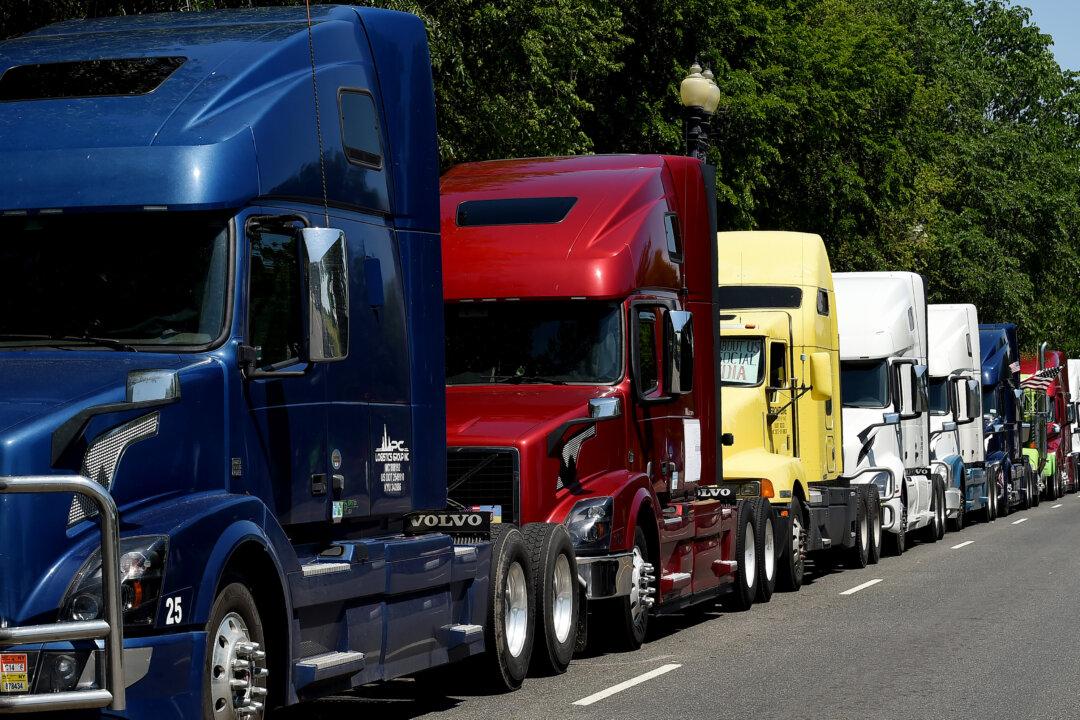The Supreme Court won’t consider a challenge by Cal Cartage Transportation Express, a trucking company, to California’s unusually restrictive worker-classification law that virtually outlaws independent contracting.
Independent truckers say the California law known as AB5, which took effect Jan. 1, 2020, will kill their industry by preventing companies from hiring them. The statute, which was pushed by organized labor to crack down on the hard-to-unionize so-called gig economy represented by companies such as Uber and Lyft, was enacted ostensibly to help workers by preventing their “misclassification.” The law is unpopular in California’s business community.





